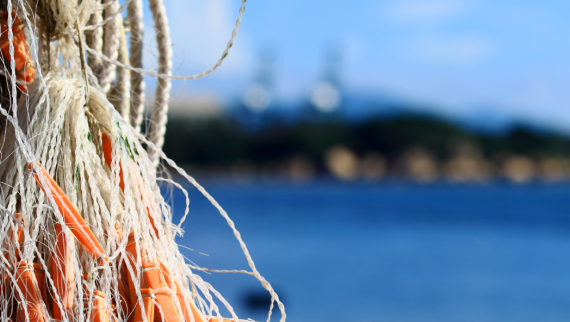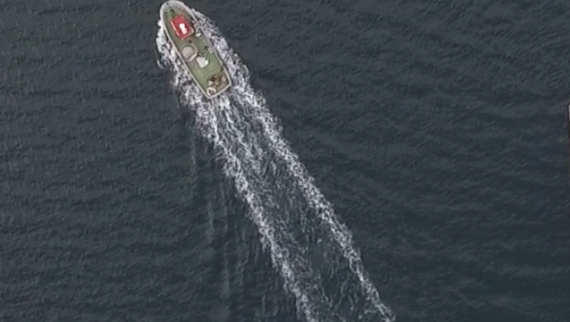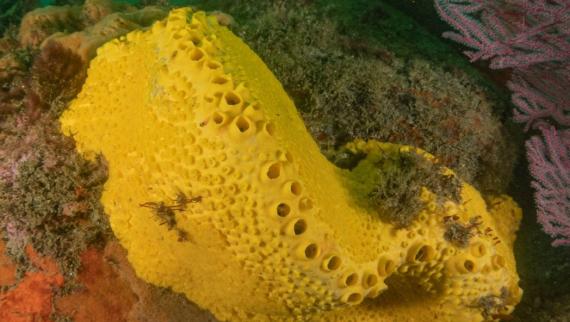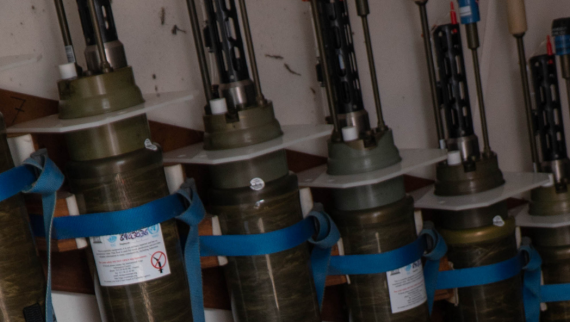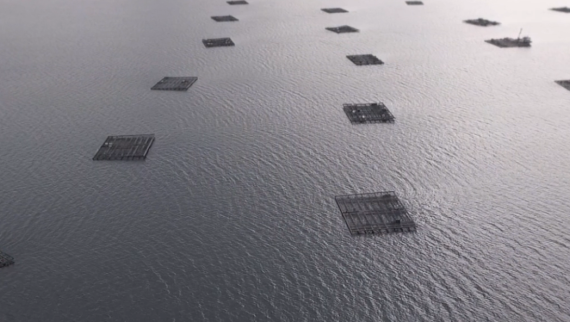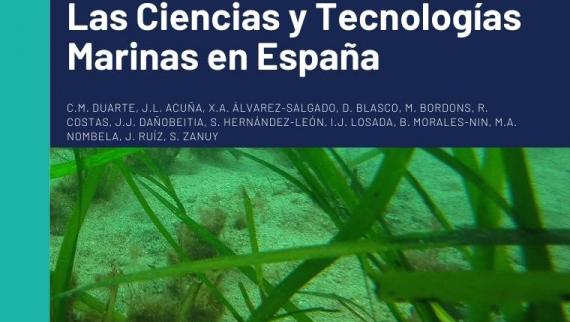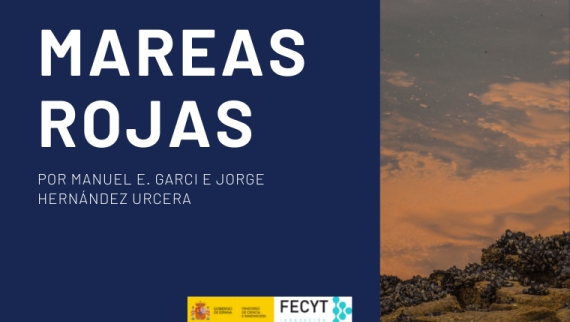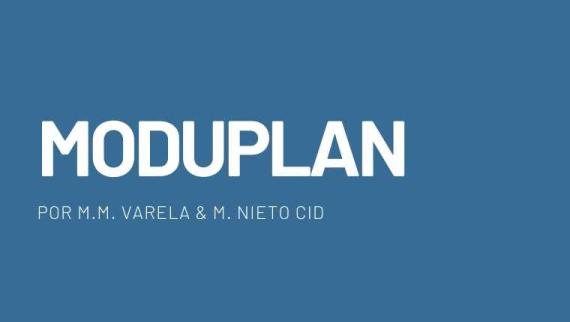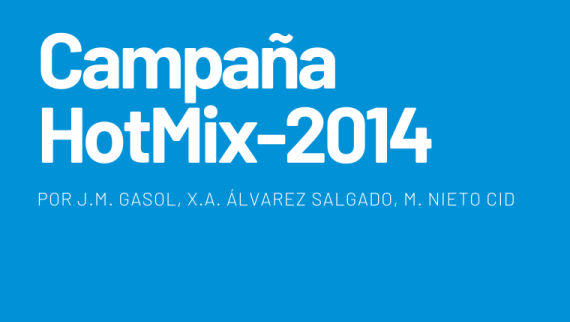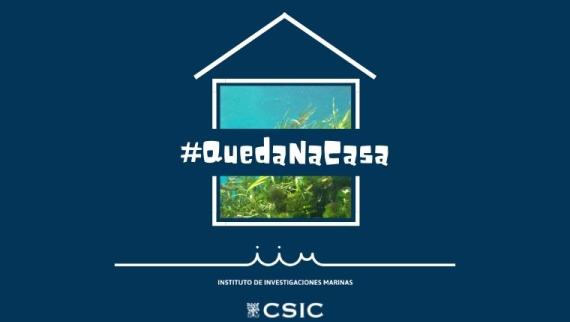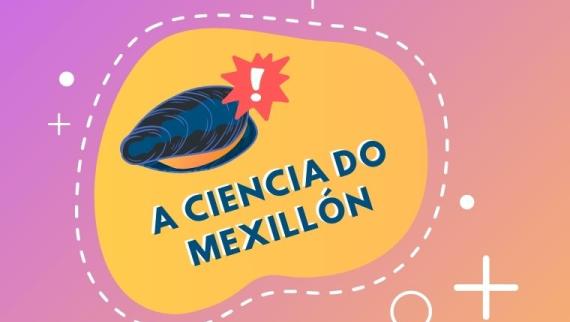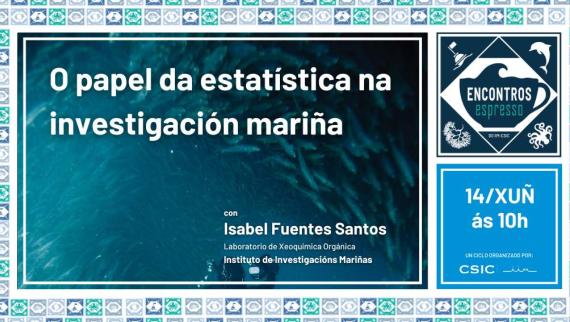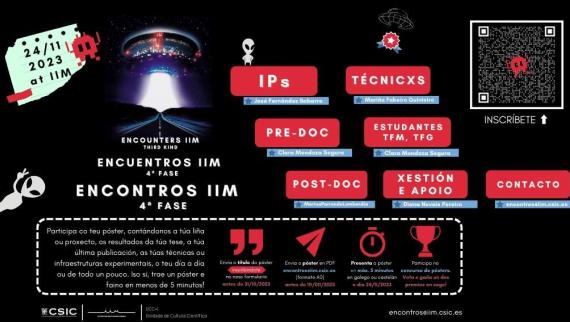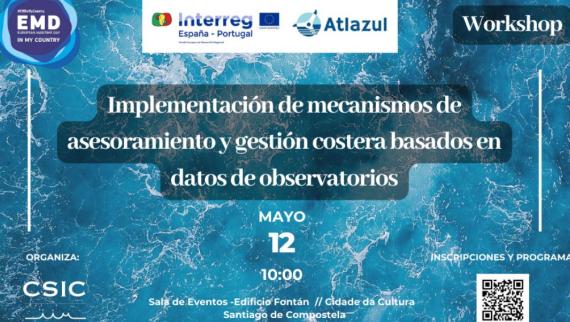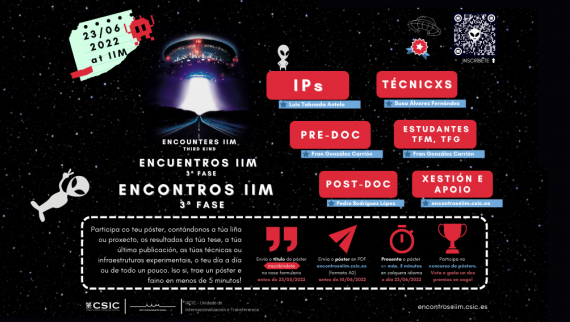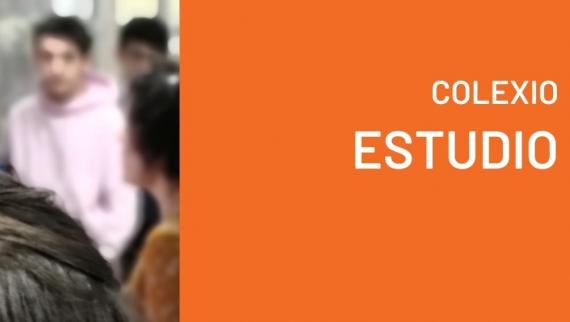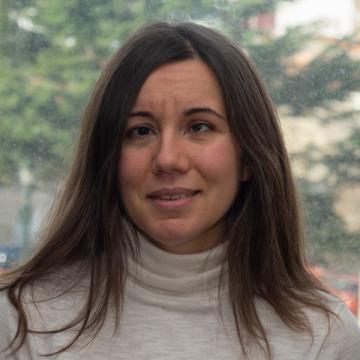Organic Geochemistry Lab
Despite its abundance, its importance in biogeochemical cycles and its sensitivity to global change, our knowledge of the composition, molecular structure and reactivity of dissolved organic matter (DOM) in the oceans is still limited.
The foundational objective of the Organic Geochemistry Lab is to fill this knowledge gap by isolating DOM, analyzing its elemental composition and its optical, isotopic and structural properties, and tracing its alteration through photochemical and microbial processes.
Geographically, we focus on the NW coast of the Iberian Peninsula as a model for land-ocean interactions, including coastal upwelling, and for different degrees of human alteration, as well as on the NE Atlantic as a open-ocean model system.
Methodologically, we combine observation, experimentation, and parametric and inverse modeling to unravel the connection between molecular and microbial diversity in an ocean that is experiencing major changes.
The Organic Geochemistry lab also focuses on assessing the regulation and provision of ecosystem services by the highly productive large inlets along the Galician coast, the “rías”, including the quantification of fertilization mechanisms other than coastal upwelling.
We focus on largely underexplored biogeochemical hotspots for carbon (e.g., seagrass meadows, permeable coastal sediments) to advance towards a mechanistic understanding of coastal functioning.
We also assess the risks associated with global and climate change and promote the implementation of adaptation measures to secure coastal and marine goods and services in the forthcoming decades. These include the sustainable exploitation of living resources in the “rías”, for which we closely collaborate with other research groups at the Institute of Marine Research, thereby contributing to an ecosystem approach to the extensive aquaculture activities and artisanal fisheries in the area.
- INTERGROUNDS -
Integración descarga aguas subterráneas continentales en estrategias de gestion sostenible de los recursos hídricos costeros: Identificación, cuantificación y caracterización
Principal investigator:ÁlvarezSalgadoXosé AntónFunding body:Ministerio de Ciencia e InnovaciónFunding for IIM-CSIC:€Go to project pageFromto - DigitMej -
<p>Programa Ciencias Mariñas: Xemelgo dixital do cultivo de mexillón na acuicultura multitrófica integrada</p>
Principal investigator:ÁlvarezSalgadoXosé AntónFunding body:El Programa de Ciencias Mariñas de Galicia es 1 de los 5 programas de Ciencias Marinas de los Planes Complementarios de I+D+I del Plan de Recuperación Transformación y Resilencia. Financiado por FEMP/FEMPA.Funding for IIM-CSIC:97750€Go to project pageFromto - PreCalP -
<p>Programa Ciencias Mariñas: Ferramentas para a predición da calidade en productos da pesca</p>
Principal investigator:VilasFernándezCarlosFunding body:El Programa de Ciencias Mariñas de Galicia es 1 de los 5 programas de Ciencias Marinas de los Planes Complementarios de I+D+I con las CCAA del Plan de Recuperación Transformación y Resilencia (NextGenerationEU).Funding for IIM-CSIC:28348€Go to project pageFromto - ECOMUSSEL -
<p>Servicios ecosistémicos del cultivo de mejillón</p>
Principal investigator:ÁlvarezSalgadoXosé AntónFunding body:CSICFunding for IIM-CSIC:48500€Go to project pageFromto - VIGOSUB -
<p>Descarga de aguas subterráneas en la Ría de Vigo: magnitud y transporte de solutos asociado</p>
Principal investigator:ÁlvarezSalgadoXosé AntónFunding body:CSICFunding for IIM-CSIC:27000€Go to project pageFromto
- Cristina, R.C.; Rebeca, M.F.; Marola, S.Y.; Xosé Antón, Á.S. (2022) Leaching and bioavailability of dissolved organic matter from petrol-based and biodegradable plastics Marine Environmental Research DOI:10.1016/j.marenvres.2022.105607
- Overmans, S.; Duarte, C.M.; Sobrino, C.; Iuculano, F.; Álvarez-Salgado, X.A.; Agustí, S. (2022) Penetration of Ultraviolet-B Radiation in Oligotrophic Regions of the Oceans During the Malaspina 2010 Expedition Journal of Geophysical Research-Oceans DOI:10.1029/2021JC017654
- Li, S.; Fang, J.; Zhu, X.; Spencer, R.G.M.; Álvarez -Salgado, X.A.; Deng, Y.; Huang, T.; Yang, H.; Huang, C. (2022) Properties of sediment dissolved organic matter respond to eutrophication and interact with bacterial communities in a plateau lake Environmental pollution (Barking, Essex : 1987) DOI:10.1016/j.envpol.2022.118996
- Gómez-Letona, M.; Arístegui, J.; Hernández-Hernández, N.; Álvarez-Salgado, X.A.; Álvarez, M.; Delgadillo, E.; Pérez-Lorenzo, M.; Teira, E.; Hernández-León, S.; Sebastián, M. (2022) Deep ocean prokaryotes and fluorescent dissolved organic matter reflect the history of the water masses across the Atlantic Ocean Progress in Oceanography DOI:10.1016/j.pocean.2022.102819
- Romera-Castillo, C.; Birnstiel, S.; Álvarez-Salgado, X.A.; Sebastián, M. (2022) Aged Plastic Leaching of Dissolved Organic Matter Is Two Orders of Magnitude Higher Than Virgin Plastic Leading to a Strong Uplift in Marine Microbial Activity FRONTIERS IN MARINE SCIENCE DOI:10.3389/fmars.2022.861557
- TFM - Amparo Isabel Cid Iturbe (20/10/2022) A systematic quick scoping review: The state of knowledge regarding seagrass and seaweed restoration = Una revisión sistemática (quick scoping review) del estado del conocimiento en materia de restauración de fanerógamas marinas y algas UNIVERSIDAD DE MALAGA
- TFM - Cristina Bernal Rodríguez (26/07/2022) Descargas de aguas subterráneas en la ría de Vigo: conectividad microbiana y biogeoquímica = Submarine groundwater discharge in the Ría de Vigo: microbial connectivity and biogeochemistry Universidade de Vigo (UVIGO)
- TFM - Clara Marín Pérez (26/07/2022) Seasonal-specific responses of two ecotypes of Zostera marina based on plant traits, energetic reserves, and fatty acid composition Universidade de Vigo (UVIGO)
- TFM - Elisa Calvo Martín (27/07/2020) Biogeochemistry of subterranean estuaries in the Ría de Vigo (NW Iberian Peninsula) UNIVERSIDAD DE VIGO
- TFG - Pablo Alba González (18/06/2019) Efecto de los aportes de nutrientes por medio de las heces de aves y mamíferos marinos sobre los niveles tróficos inferiores Universidad de Vigo (UVigo)
- Capabilities | Development of management and decision-making tools based on modeling and simulated scenariosCoastal & Environmental Protection Maritime Spatial Planning Ecosystem Services & Governance Aquaculture Fisheries
Development of space-specific tools for assessment, management and decision-making by modeling the impacts of present and possible future environmental scenarios (pollution, climate change, etc.) on oceanographic conditions, biodiversity distribution, physiological response or fisheries and aquaculture performance.
- Capabilities | Development of integrated multi-trophic aquaculture systems
Optimization of multitrophic culture systems in open and closed aquaculture infrastructures, ranging from recirculation fish-macroalgae aquaculture systems, with special focus on the effect of the resultant microbiomes on animal welfare, to the adjustment of low-trophic multi-species aquaculture systems in the ocean.
- Capabilities | Development and optimization of aquaculture systems for traditional and new farmed species
Development of integrated culture techniques for new aquaculture species, as well as optimization of traditional ones based on different approaches (i.e. early development, handling, feeding, disease and immune responses, ecophysiological performance, or ecosystem carrying capacity) to improve animal welfare, yield and sustainability in global marine aquaculture.
- Capabilities | Technical assistance in oceanographic and coastal sampling, data processing and interpretation
Technical assistance in sampling design and sensor selection for the collection of observational data on physical and biogeochemical processes in marine environments, as well as in data processing, modelling and interpretation.
- Capabilities | Geochemical characterization of water
Analysis of water properties, ranging from physical to geochemical characteristics, including carbon system components, nutrient concentration, organic matter characterization, radioisotope concentration, trace and rare earth elements (REE), etc.





